Introduction
At our school, we believe that learning French opens doors to new opportunities and cultural understanding. The SABIS® French curriculum guides students from their first words to advanced proficiency, fostering a deep appreciation for the language and Francophone cultures.
From Preschool through Grade 12, our program offers an engaging approach to language learning. Starting with imaginative stories and interactive activities, students build their vocabulary, grammar, and communication skills. As they progress, they explore complex texts, enhance their expression, and delve into French literature and culture.
Aligned with international standards, our curriculum prepares students for exams like the IGCSE, DELF, and AP® College Board. Through a blend of traditional and modern methods, we create a dynamic learning environment. By the end, students will be proficient in French and culturally aware, ready to use their skills in real-world contexts.
Join us in discovering the beauty of the French language and its rich cultures!
Books of the French Curriculum
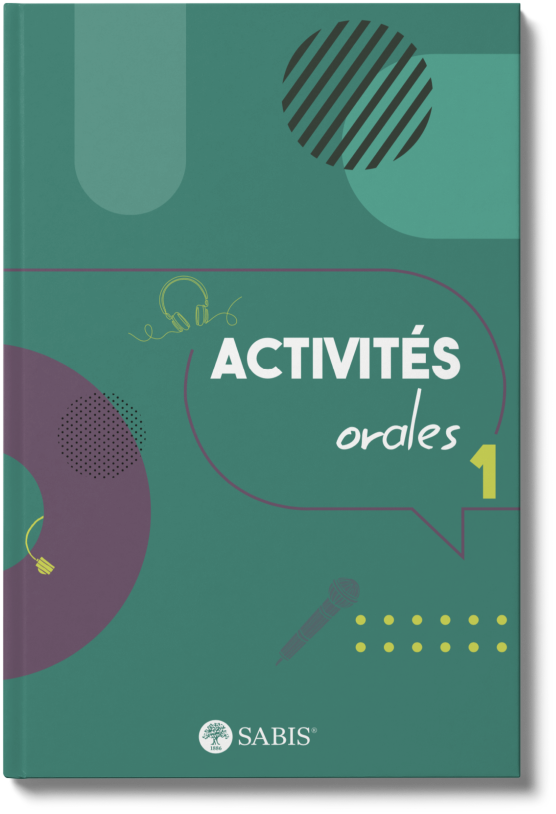 French Activités Orales 1
French Activités Orales 1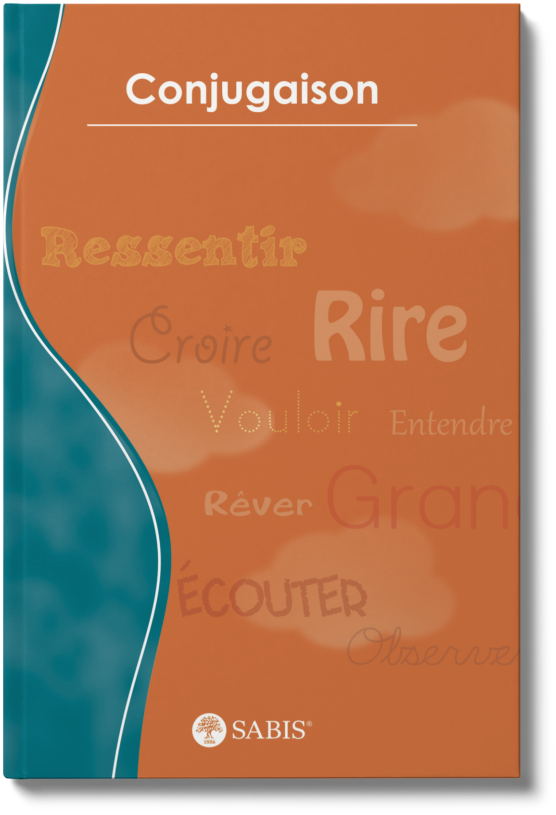 French Conjugaison
French Conjugaison
(Levels E-K)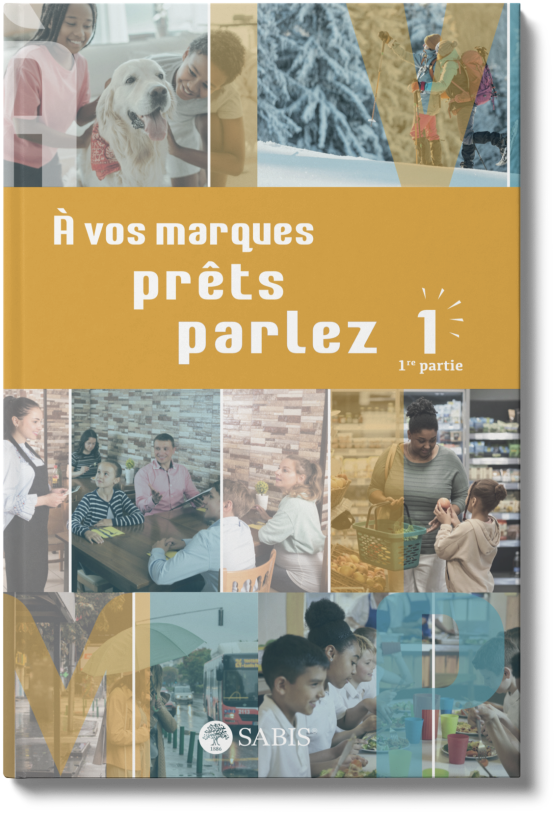 French À vos marques,
French À vos marques,
prêts, parlez 1 -
Part 1 (English-
French)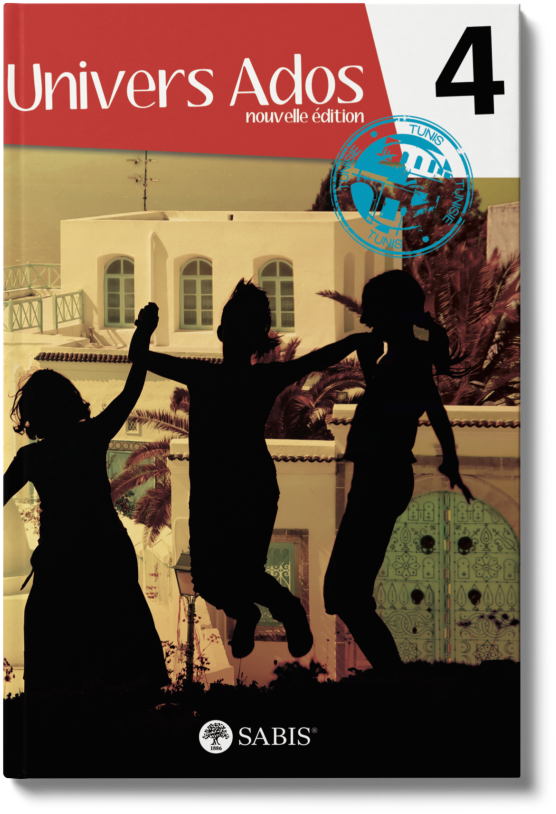 French Univers Ados 4
French Univers Ados 4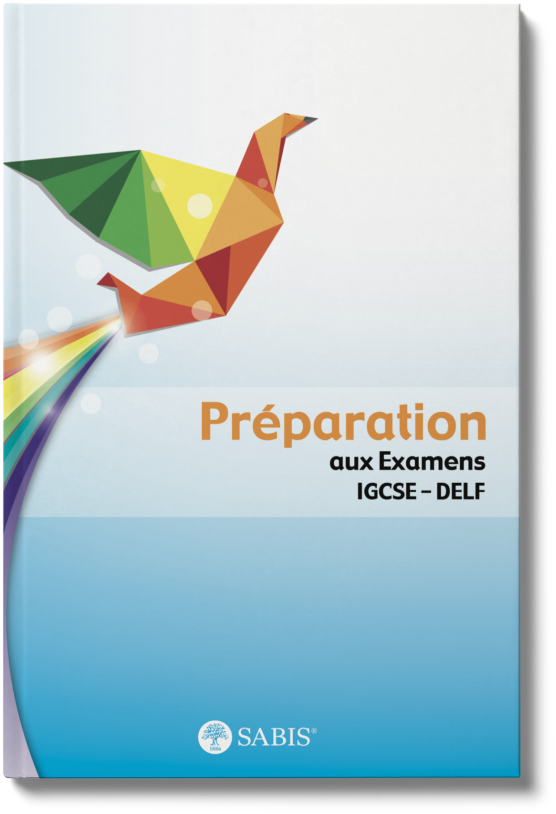 French Préparation aux
French Préparation aux
examens IGCSE -
DELF Elements of the French Curriculum
Preschool
The Pre-A level program includes nine large, creative, and colorful big books and an activity book. The big books aim to develop children's imagination and teach them life lessons through fun, illustrated stories. The activity book offers activities, linked to the stories, which help develop children's fine motor skills and familiarize them with numbers, shapes, and colors. The material is delivered through a simple, practical, and fun approach adapted to the age of the students.
Pre-K to Grade 2
Levels A-B-C-D ensure learning for children aged 3 to 6. At this age, the child is learning the language. The child must be able to read a letter, a grapheme, a word, a sentence, a small text, to pronounce correctly, to remember by heart, and to write. He will be able to recite the alphabet. He slowly enriches his basic vocabulary and is able to understand a short text and respond, first orally and then in writing, to basic comprehension questions. He assimilates concepts related to his environment (example: school, family, etc.). He acquires the basics of grammar and conjugation from the texts that were covered. The child must also be able to classify objects according to their color, shape, size, quantity, etc. He will thus be able to count and recognize colors and shapes. At the end of level D, the child should be able to communicate in French with short, simple sentences in everyday situations and to tell the time.
Grade 3 to Grade 6
From levels E to H Regular, students improve their writing and reading skills and develop their skills in oral and written comprehension and expression. He expands his vocabulary thematically and learns typical expressions of the French language, which allows him to reuse them in different contexts and with different interlocutors. He is also able to introduce himself, express an opinion on a given theme and formulate and write correct sentences and/or paragraphs by using the notions of grammar and conjugation already acquired. The student learns to read aloud and perfects his accent and intonation. Thanks to guided readings (Readers), he is introduced to entire reading novels in order to develop his taste for literature. Thanks to audio files, he is put in direct contact with current French culture.
Grade 7 to Grade 9
At this level, teaching is all about opening the minds of young students to linguistic and cultural diversity by ensuring that they are not only exposed to their mother tongue by allowing them to use a new communication tool. The objective is to make students aware of the study of texts of increasing difficulty, to acquire vocabulary through exercises and assimilate their meaning using comprehension questions. In addition, the program allows them to acquire the linguistic and grammatical skills necessary for correct oral and written expression.
At the end of the cycle, students are able to communicate in society, talk about their daily lives, argue their choices and finally, understand various documents (advertising, films, etc.).
They become aware of the differences that exist between their culture and that of the language they are studying.
Grades 10 to 12
Starting level L, French becomes optional. Students who take this option have already acquired significant knowledge of the language to perfect it and be able to take official external exams such as the IGCSE, the DELF or the AP® College Board in their final year. Others who are more ambitious will be able to follow a more literary course to pass the French baccalaureate.






